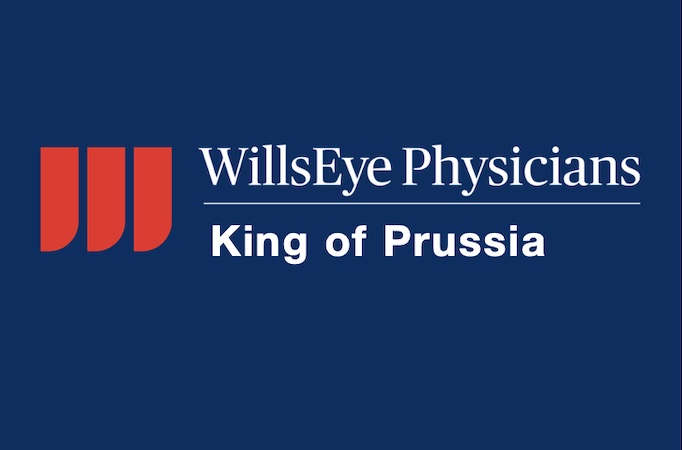Cataract Surgery
What Is a Cataract?
Cataracts are a common condition that causes a natural clouding of the eye’s lens. Cataracts affect millions of people per year, including more than half of all Americans over the age of 65. If left untreated, cataracts can cause permanent eye damage and even blindness. Fortunately, cataract surgery is a common and effective solution to vision impairment caused by cataracts. At Wills Eye Physicians King of Prussia, we conduct minimally invasive cataract surgery to provide a safe, comfortable and successful treatment for cataracts.
How Are They Diagnosed?
The clouding caused by cataracts is often visible to the naked eye, but your doctor may perform a series of tests to determine the severity of the cataracts and to eliminate the possibility of other conditions. Your doctor may perform a dilated eye exam or tonometry during a routine eye exam to evaluate your eyes for cataracts and other conditions. After diagnosis, your doctor may recommend cataract surgery.
How Are They Treated?
At Wills Eye Physicians King of Prussia, we treat cataracts with minimally invasive, no-stitch cataract surgery using state-of-the-art techniques and technology. First, the eye is numbed with anesthesia. Then a tiny incision is made in the eye to make room for an ultrasonic probe, which emulsifies the cloudy lens of the eye, readying the lens for extraction. After the lens is extracted, a new artificial lens is implanted into the eye. Thanks to the foldable intraocular lenses we use, the lens can be inserted through the same incision that the cataract was extracted from, which can help reduce surgery and recovery time.
What Should I Expect From Cataract Surgery?
Cataract surgery is an outpatient surgery, so you will be able to return home on the day that your surgery is completed. Your vision will be impaired as your eye recovers, so it is essential that you have a driver who can take you home safely. Your doctor will provide you with specific post-op instructions and may provide you with eye drops. You may also need to wear a protective shield while your eye heals, and you must refrain from touching, scratching or rubbing the affected eye for one week.
After the surgery, you will be given written instructions from your surgeon detailing your personalized treatment and recovery plan. You will also make a follow-up appointment to evaluate the recovery of your eye. If you have any questions or concerns while you are recovering, you can call the team at Wills Eye Physicians King of Prussia, who will be happy to provide you with answers and support.
Can Cataracts Be Prevented?
Most people will get cataracts at some point in their life, as the condition is part of the natural eye aging process. Regular eye exams, especially once you pass the age of 65, are essential in catching cataracts early and preventing any permanent vision loss associated with the condition.
Cataract Surgery Is:
- Outpatient
- Sutureless
Patients can expect:
- Visual improvement within a few days
- Return to function within a few days
Options:
- Standard lens implant
- prescription glasses may be needed
- Toric (astigmatism correcting) lens implant
- gives good distance vision, reading glasses are still needed
- Multifocal lens implant
- gives a range of vision and reduces the need for glasses at distance and up close
- Drop reduction
- Minimally Invasive Glaucoma Surgery (MIGS)
- Complex Cataract Surgery
Information shown above are approximations. Individual case may be different.
